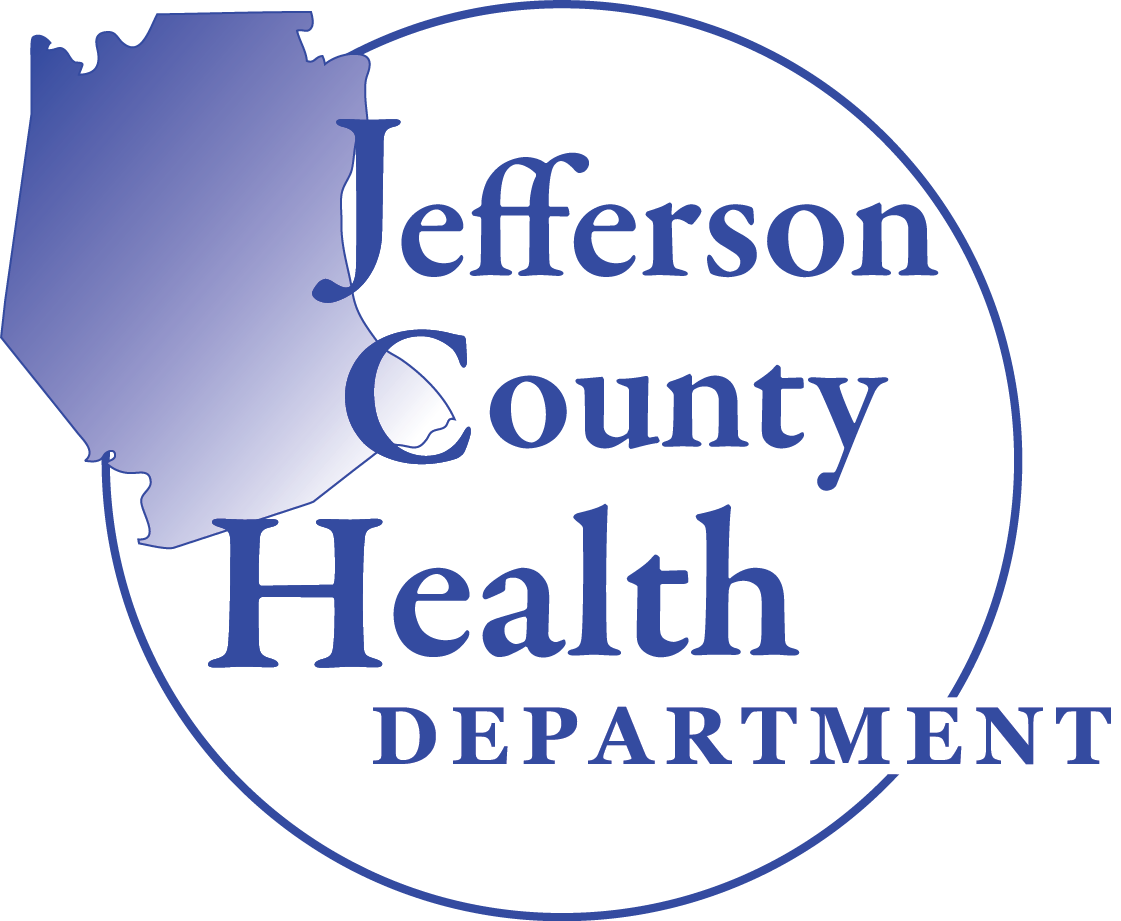September is National Preparedness Month. With this in mind, we wanted to remind you how to be fully prepared in an emergency.
1. Have a basic emergency kit/go-bag
The first step in being prepared for an emergency is to have a basic emergency kit/go-bag prepared and easy to grab. In this kit, you will want to include:
Flashlight
battery-operated radio
extra batteries
food
water
medications
important documents such as medical records, copies of birth certificates, and social security cards.
Think of you and your family and what you all need to survive. If it is a survival necessity, put extras of it in your emergency kit.
If you are a caregiver to disabled children or adults, you should consider prepping a specialized go-bag of life-saving items. Whatever is necessary to keep them alive in an emergency should be included. Make sure you have at least three days’ worth of it in your go-bag.
If you have pets, make sure you prepare for what you will do with them in an emergency, as well. Make sure you have a stock of food and water for them just like you do for your human family members. Also pack leashes, collars, vet records, and anything else you may see as a necessity to keep your pet safe during an emergency.
2. Create an evacuation plan
Another important aspect of emergency preparedness is creating a detailed evacuation plan in case of a fire or weather emergency. Plan out who grabs the emergency kit, who grabs the baby, who takes the pets, where to meet outside of the home, etc. Make sure everyone is accounted for and prepared for their role. We suggest going over your emergency plan with your family once a year to make sure everyone is on the same page.
One thing to consider in an emergency is knowing where your utility shut-offs are, including electric and water. For example, if you have a pipe burst, you want to be able to shut off the water to prevent flooding in your home.
In general, it is best to stay prepared for an emergency at all times, just in case. It is always best to be on the safe side. So, make your go-bag, inform your family of the plans, and stay informed to keep you and your family safe!
